In the age of digital technology and social networking, the use of beauty filters has become commonplace for many people. These tools allow us to retouch and modify our appearance, creating an idealised version of ourselves. But is this relentless quest for perfection really beneficial ?
Beauty filters have given rise to growing concerns about their impact on the perception of authentic beauty, generating debates about aesthetic standards and their consequences for self-confidence and self-esteem.
The illusion of beauty filters: an unattainable quest for perfection
Beauty filters, ubiquitous on social networks and image-sharing platforms such as TikTok, Instagram and Snapchat, have transformed perceptions of beauty and appearance. These digital filters, designed to smooth skin, refine facial features and alter proportions, create an idealised and often unreal vision of beauty. They give rise to a growing concern about self-image and contribute to the emergence of unattainable standards of physical perfection. The widespread use of these filters has triggered a societal debate on unrealistic expectations of appearance and the pressures they exert on individuals.
The psychological impact of beauty filters: between altered reality and weakened self-esteem
The psychological effect of beauty filters goes beyond the aesthetic. They shape people’s perception of themselves and their natural appearance. Continuous exposure to these altered images creates a gap between reality and expectations, leading to pressure to match artificial beauty standards. This can lead to problems with self-esteem, self-confidence and even body image disorders. In addition, it can affect the way individuals interact socially, fuelling anxiety and constant comparison with unattainable standards.
The need for a more authentic and realistic approach to beauty
Faced with the proliferation of beauty filters and their impact on society, it is essential to promote a more authentic and realistic vision of beauty. This means raising collective awareness of the harmful effects of artificial perfection on self-esteem and mental health. Encouraging a diversity of appearances, celebrating natural beauty and encouraging self-acceptance are crucial steps in counterbalancing the negative effects of beauty filters. More responsible use of social media and education about image manipulation can also help to promote healthier and more realistic standards of beauty, enabling everyone to feel accepted and valued as they are, beyond the digital artifice.
Beauty filters represent a double-edged sword, offering aesthetic digital transformations while exacerbating the social pressures linked to appearance. Their widespread use raises legitimate concerns about body image and mental health. To counter these harmful effects, it is imperative to encourage an authentic representation of beauty, promote self-confidence and introduce regulatory measures to limit the negative impact of these filters.
Ultimately, self-acceptance and the celebration of the natural diversity of human appearance must prevail to foster a healthier and more caring environment on social networks and beyond.
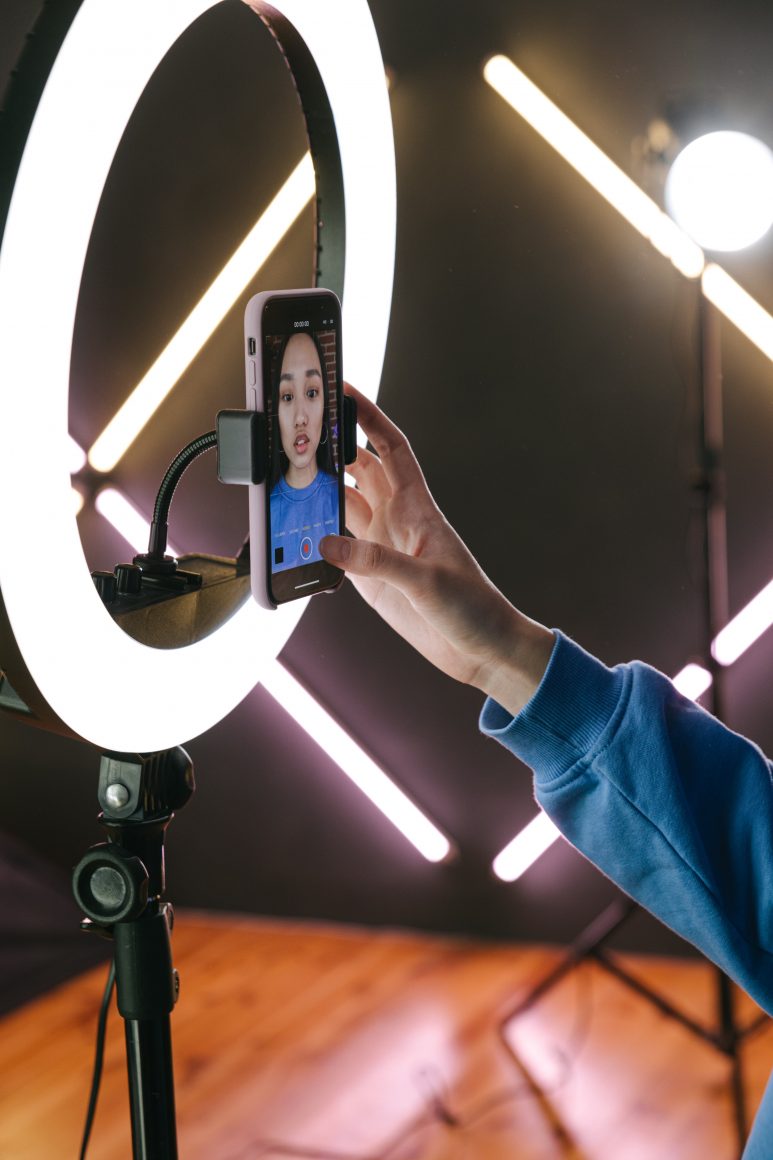












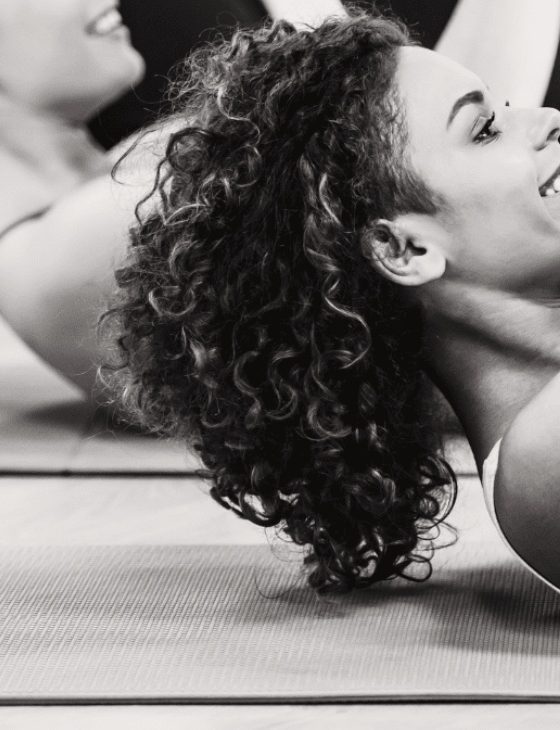






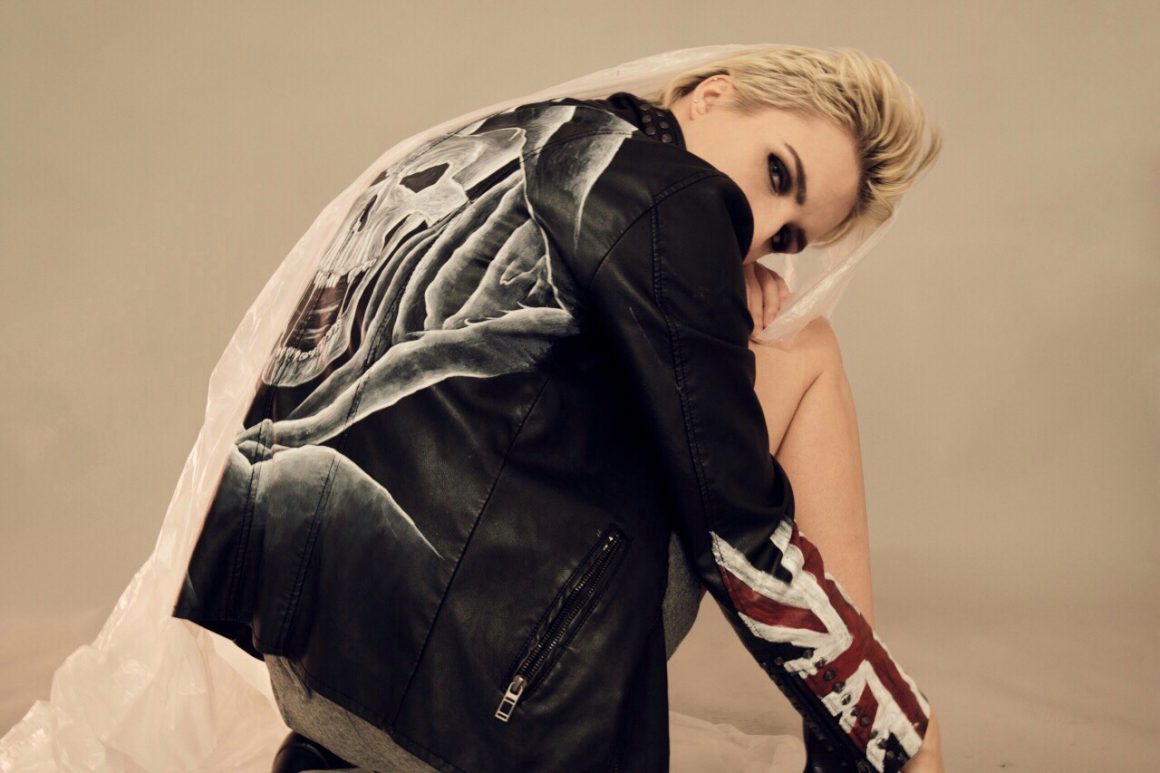

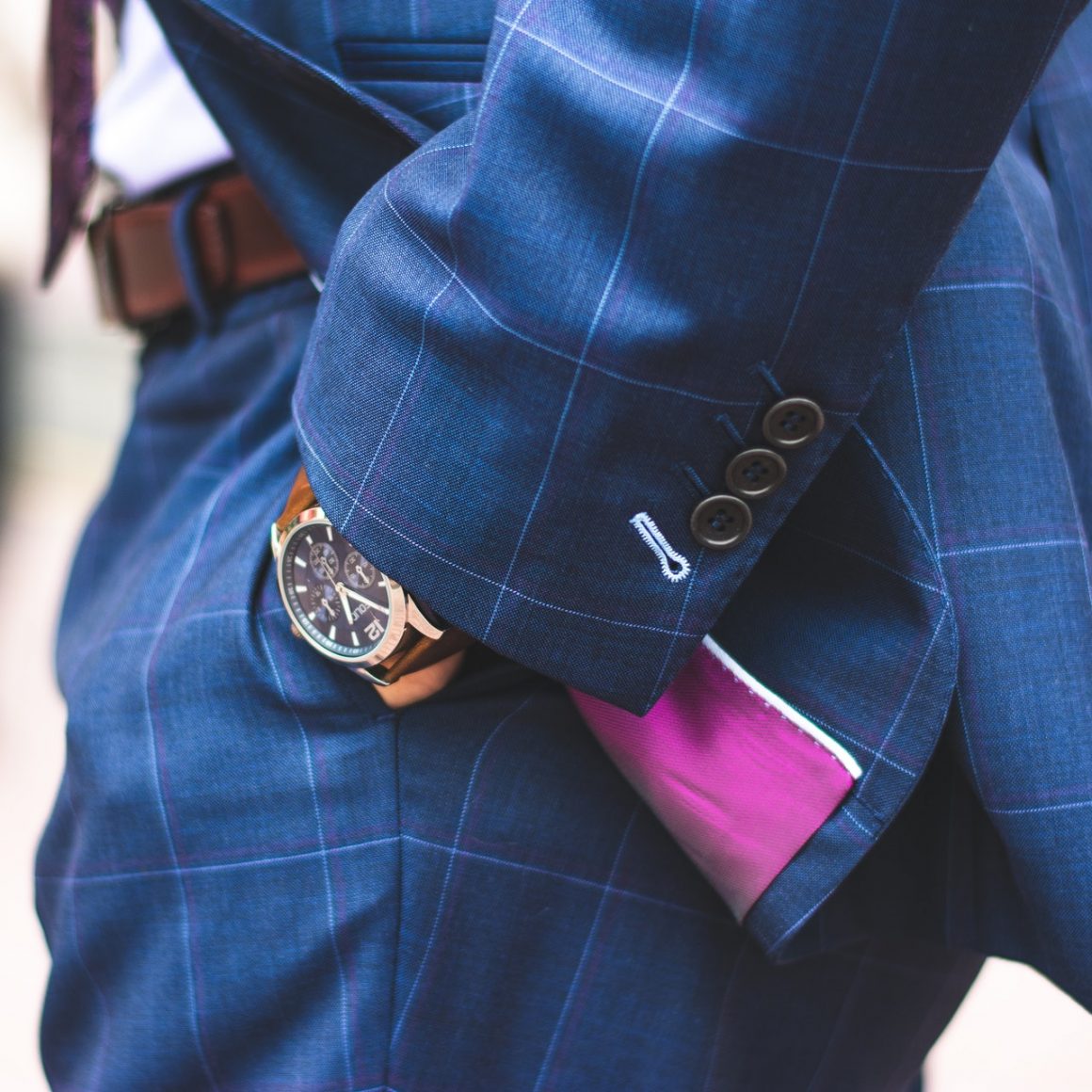


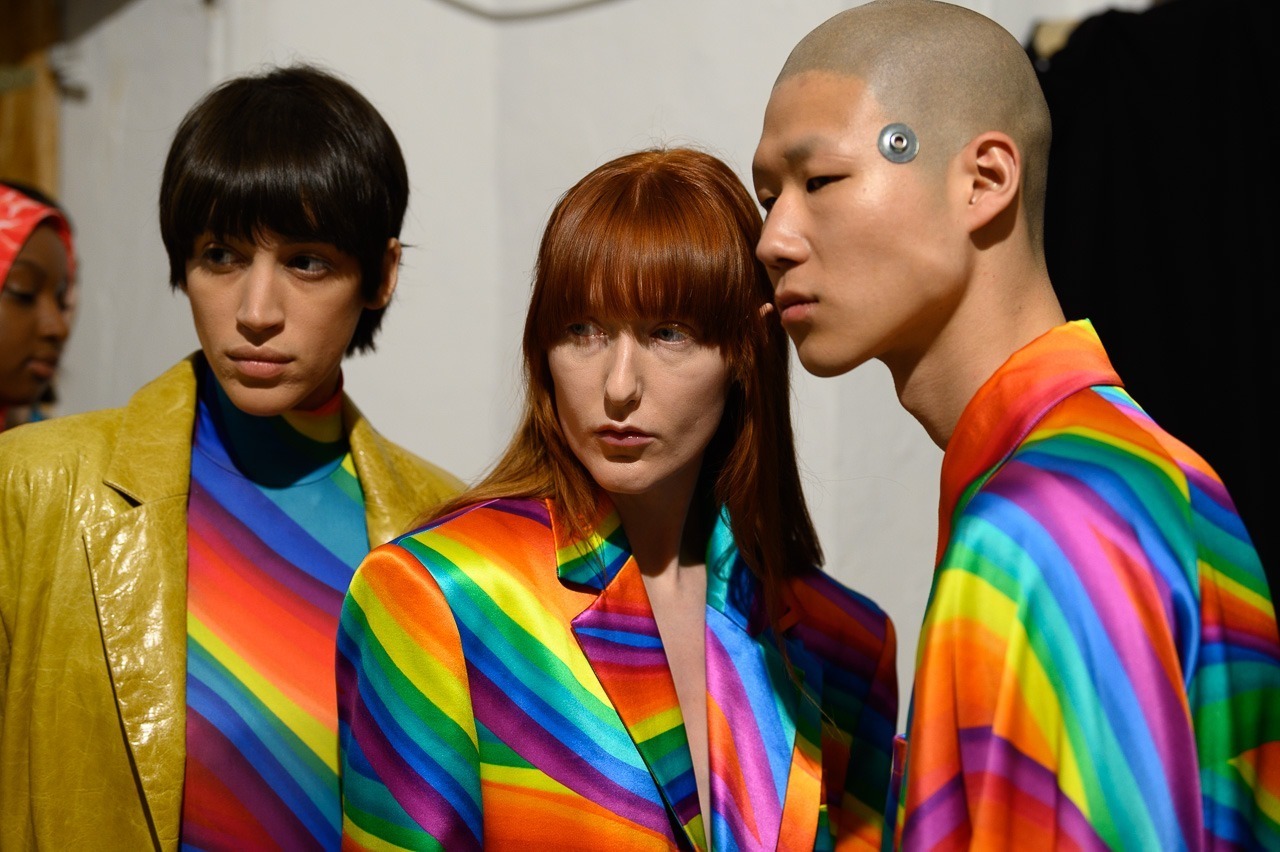
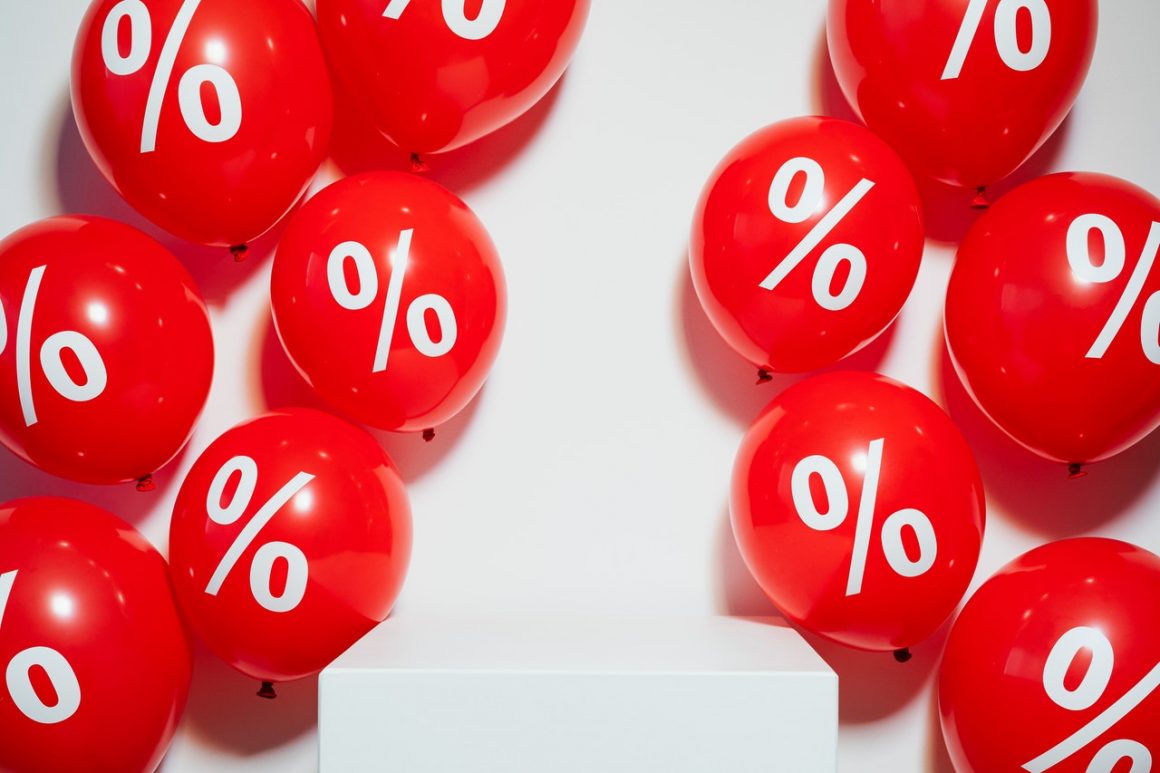
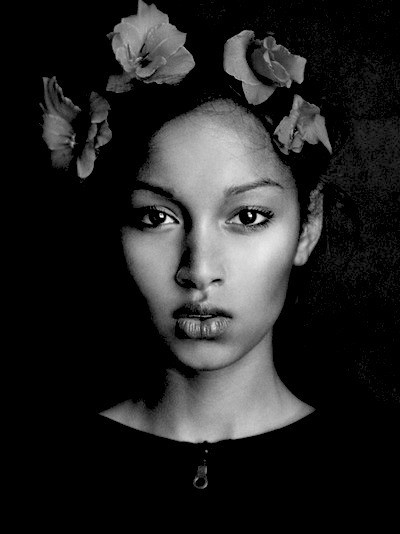
Follow us on Instagram